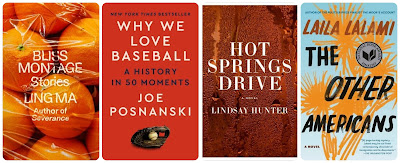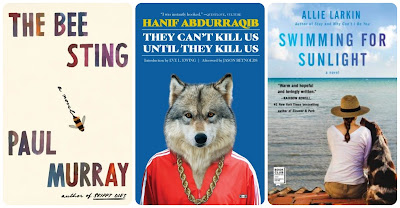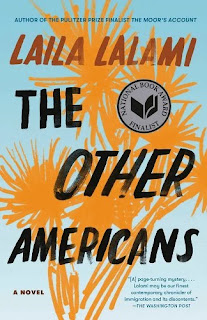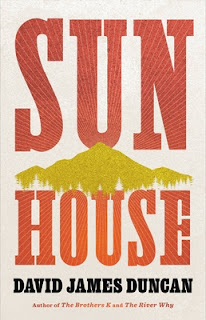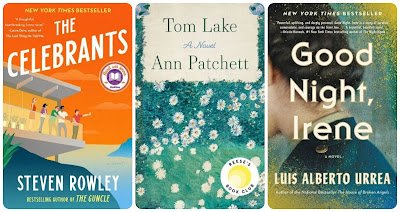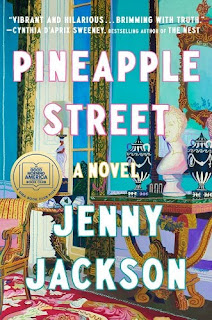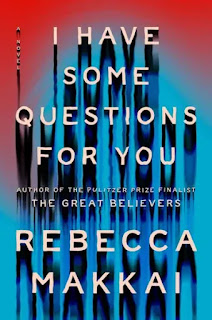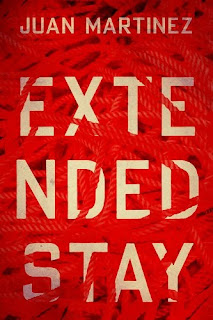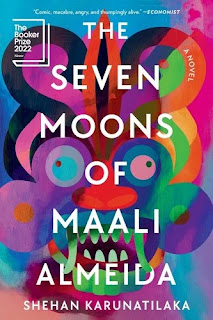Happy almost 2024, readers! I nearly set a new personal record for pages read in 2023 (book total will wind up somewhere in the mid-70s, which is the most in more than five years), which makes me feel really good. This year -- the year I started writing fiction again for the first time in a long time -- was in also was a terrific year for reading fiction. Having such a long list of books read in 2023 has also made it really tough to build this list. I've agonized! But here you go, my 10 favorite (plus three other sports books I loved) books of 2023:
10. Gone To The Wolves, by John Wray -- I can't understand why I haven't been able to talk many other readers into this book. (<Sarcasm font off>) Yes, it's about heavy metal. And yes, I loved it. But it's pretty niche. Still, if you want something completely different than anything you've ever read before, give this is a shot.
9. Charm City Rocks, by Matthew Norman -- The charmingest of charming romcoms. Plus, it's about music! A wheelhousiest of wheelhouse books for me, and predictably, I freakin' loved it.
8. Empty Theater, by Jac Jemc -- If you like your historical fiction zany and more than a bit off the wall, check out this novel of Mad King Ludwig II of Bavaria and his cousin Empress Sisi of Austria. And prepare to locate a new ass (because you'll laugh your current one right off).
7. The Bee Sting, by Paul Murray -- This novel is this year's best dysfunctional family saga, and it's not close. This is one of three 600-page novels on the list this year, which if you know me at all, is about right. The lesson from this novel: Don't keep secrets.
6. A Country You Can Leave, by Asale Angel-Ajani -- This is not only my favorite novel of the year that was recommended by someone else. It's also one of two books (I Could Live Here Forever is the other) for which I was an annoying book evangelist this year. If you like novels with fascinating characters doing unexpected things, this is for you. This book definitely DESERVES a wider readership.
5. Good Night, Irene, by Luis Alberto Urrea -- For pure storytelling, you won't do much better in 2023 books than this novel based on Urrea's mother's service during World War II.
4. The Vaster Wilds, by Lauren Groff -- Still in awe of this book, and what Groff was able to do here. This is a short novel you'll want to make feel longer by taking it in slow sips, both to savor Groff's gorgeous language and also to wring every ounce of meaning out of the loaded story.
3. I Could Live Here Forever, by Hannah Halperin -- There needs to be a support group for readers of this INCREDIBLE novel. It's truly devastating, as you'd expect a novel about all kinds of addiction to be. But if you can pull yourself together enough to finish it, it's maybe the best book I read this year.
2. Wellness, by Nathan Hill -- A 600-page novel that felt a third as long. A story of marriage, yes, but also a story about why certainty (in religion, or politics, or health trends) prevents us from actually being open to and assessing new information and changing or updating our opinions. This makes this novel sound staid and boring. IT IS NOT. Even with digression aplenty, this is still a hugely entertaining read.
1. The Deluge, by Stephen Markley -- I haven't ever gotten more mileage out of a joke in a year than this one: Reading a book about climate change on the beach is a little like reading a book about a plane crash on a flight. There, last time. But for real, this 900 page behemoth is the most fun reading experience I had this year. I was riveted, terrified, and immensely, immensely entertained. READ THIS!
Choosing To Run, by Des Linden -- If you read only one sports book, let this be it. Des is as funny as she is inspiring.
The Longest Race, by Kara Goucher -- A courageous memoir about sexual and emotional abuse...and running. Loved it!
Why We Love Baseball, by Joe Posnanski -- I love baseball, and I didn't need this book to remind me why I love baseball, but it definitely reminded me why I love baseball.




